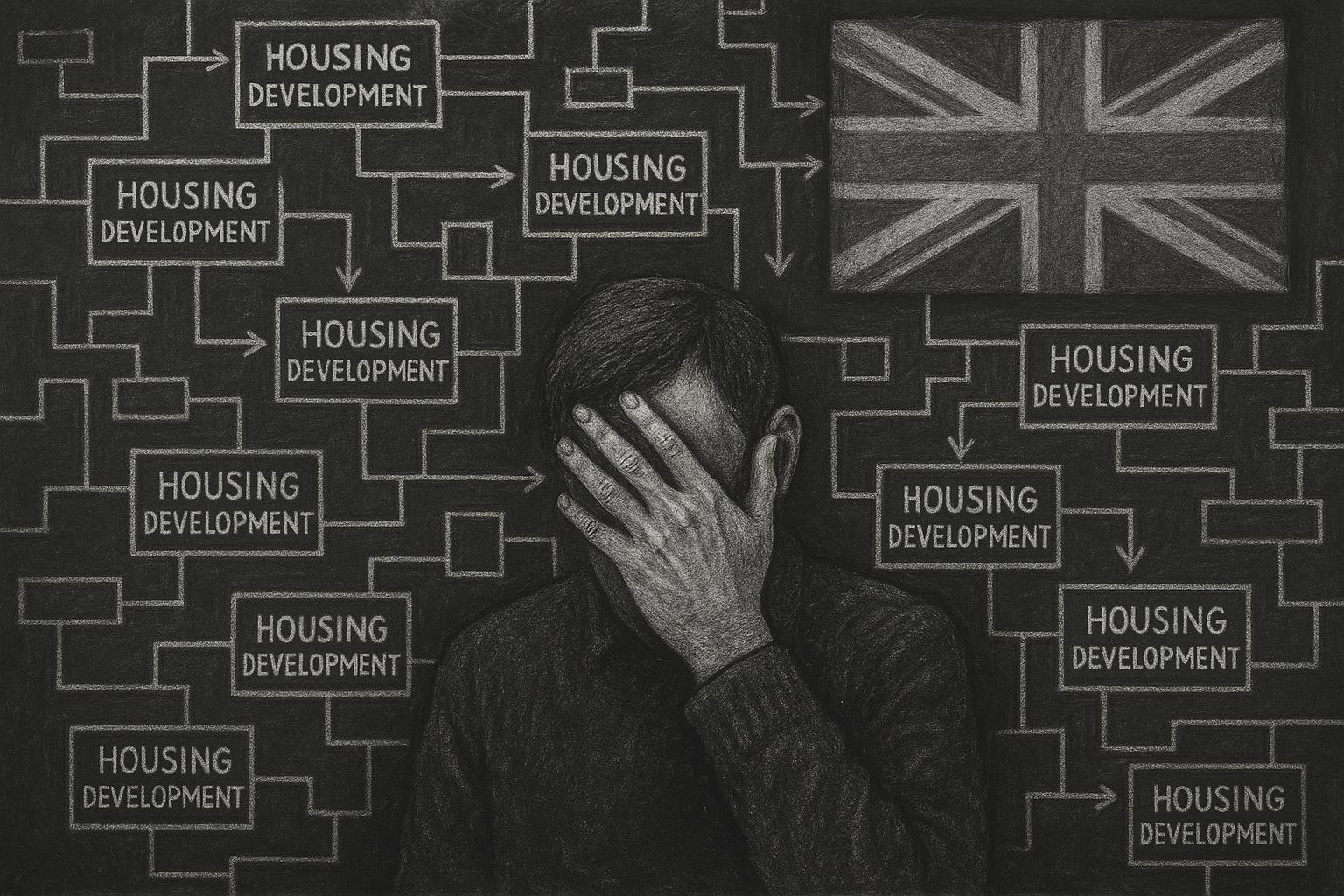The UK government’s recent use of official departmental social media accounts to mock environmental defenders has sparked fresh debate about the role of nature in the nation’s development agenda. The Ministry of Housing, Communities and Local Government posted an image on X (formerly Twitter) depicting environmental "blockers" as “traitors,” borrowing from a popular UK TV show. This tactic has been widely condemned for trivialising the serious work of environmental stewardship and undermining public trust.
Sally Hayns, CEO of the Chartered Institute of Ecology and Environmental Management, criticised the government's approach, arguing that it dangerously reduces the duty of protecting nature to an online jest. Hayns insists that nature and those who defend it are fundamental to both economic prosperity and the country’s broader wellbeing. Far from being obstacles to growth, environmental safeguards form the bedrock of a healthy society and resilient economy. She warns that such polarising rhetoric will only inflame culture wars and damage the natural world, without accelerating the delivery of new homes.
This controversy unfolds amid ongoing political tensions over housing and environmental regulation. The Labour Party, led by Sir Keir Starmer, has made significant pledges to overhaul planning rules to boost housebuilding, including controversial plans that could open up parts of England’s green belt for development. Starmer and Deputy Prime Minister Angela Rayner have committed to delivering 1.5 million new homes over the current parliamentary term, with a focus on empowering builders rather than "blockers." These reforms include modernising planning systems and increasing funding for local planning officers, as outlined in the new National Planning Policy Framework.
However, the government’s push to relax certain environmental regulations, especially those aimed at protecting river health, has drawn sharp criticism from both opposition and environmental groups. Minister Michael Gove accused Labour of obstructing efforts to unblock significant numbers of new homes by resisting changes to EU-era environmental protections. Meanwhile, Keir Starmer’s team contends that there are better ways to build homes sustainably without compromising vital environmental standards, highlighting concerns that deregulation could lead to long-term ecological damage.
The government itself has attempted to strike a balance by announcing environmental reforms intended to accelerate infrastructure projects and housing delivery while pledging significant investment in nature restoration efforts. The Plan for Change initiative includes £500 million allocated to the Nature Restoration and Marine Recovery Fund schemes, aimed at enhancing environmental safeguards even as planning applications are processed more quickly.
Nonetheless, the debate remains highly charged. Environmental advocates argue that housing targets and development speed should not come at the expense of natural habitats and ecosystems, warning that framing nature as an enemy in the housing debate oversimplifies the challenges and jeopardises sustainable growth. The government’s social media strategy to portray defenders of the environment as traitors only risks deepening divisions and undermining the potential for collaborative solutions that benefit both communities and the natural world.
The unfolding discourse underscores the complexities involved in meeting urgent housing needs while preserving environmental integrity. It suggests that success will require careful, nuanced policymaking rather than adversarial posturing. Both the government and opposition appear engaged in a high-stakes negotiation over how best to balance these priorities going forward.
📌 Reference Map:
- Paragraph 1 – [1] (The Guardian), [2] (The Guardian)
- Paragraph 2 – [1] (The Guardian), [2] (The Guardian)
- Paragraph 3 – [4] (Evening Standard), [5] (Propertymark)
- Paragraph 4 – [3] (Evening Standard), [7] (Evening Standard)
- Paragraph 5 – [6] (UK Government)
- Paragraph 6 – [1] (The Guardian), [2] (The Guardian)
Source: Noah Wire Services
